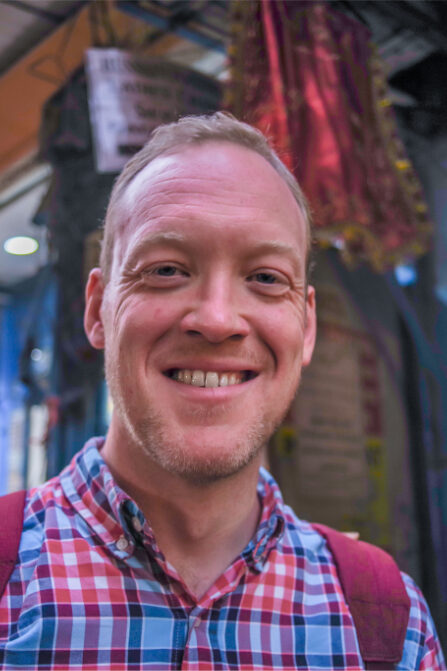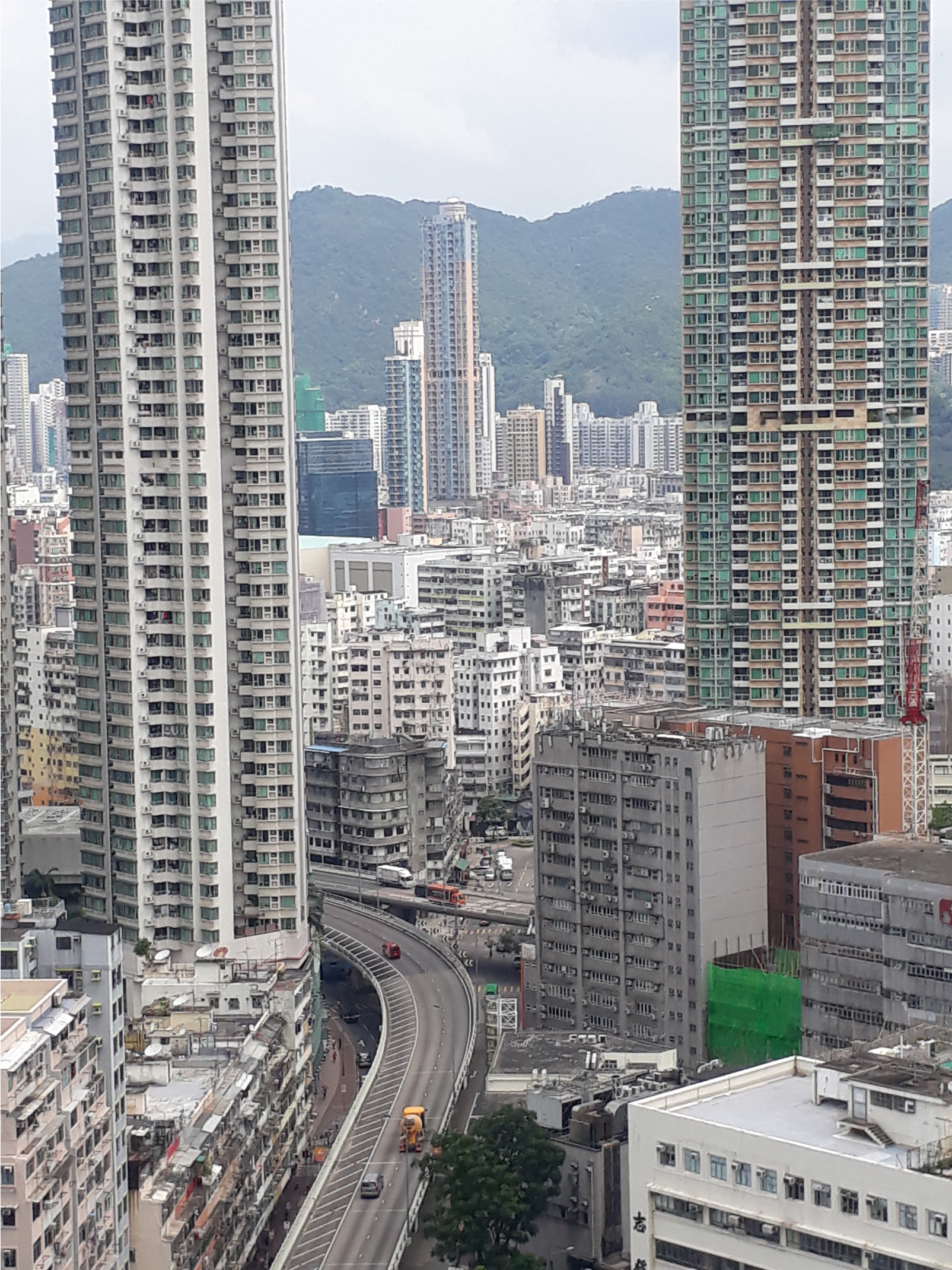Is density really the key variable to explain the dynamics of the pandemic? Colin McFarlane takes a critical look at accounts that blame urban density for the drama that is unfolding in many cities. McFarlane discusses how racalized divisions are exacerbated in this situation and how new inequalities are produced. Considering Arundhati Roy’s metaphor of the crisis as a portal into a new world, he points to political opportunities, the changing role of the state, and a new urban outlook for leftist politics. As urban research plays a critical role in understanding and revealing the political dynamics and social consequences of the crisis, McFarlane concludes this episode by reflecting on the ethical dimensions of these inquiries.
Our guest:

Colin McFarlane
Colin is Professor of Urban Geography at Durham University, UK. His work focusses on the politics of urban life, particularly in relation to density, infrastructure, and equality. He is currently finishing a book on urban fragments and densities, and has recently published a paper on urban de/re-densification available (open access) here. He is co-editor of Transactions of the Institute of British Geographers.

